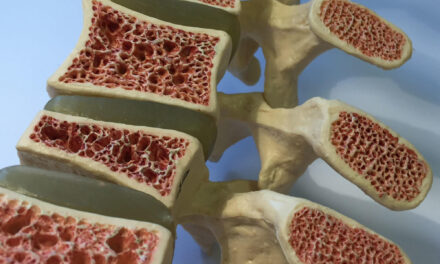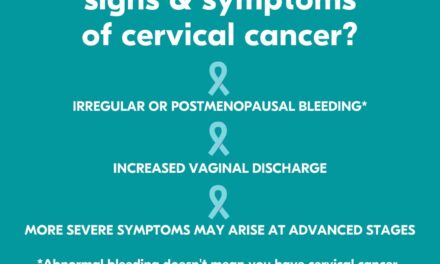A recent study published in ACR Open Rheumatology reveals that nearly two-thirds of patients with rheumatic conditions reported substituting medical cannabis for medications such as NSAIDs and opioids. The switch was associated with higher self-reported improvements in symptoms, indicating potential benefits for managing pain, stiffness, and inflammation. However, the authors caution that these findings need further investigation with rigorous methods to establish causality.
Study Design and Participants
Led by Dr. Kevin F. Boehnke from the University of Michigan Medical School, researchers conducted a secondary analysis of a cross-sectional survey involving 1,727 patients from the U.S. and Canada with rheumatic conditions. Out of these, 763 patients (average age of 59, 84.1% female) who reported current cannabis use were selected for analysis. Participants were asked about their history and patterns of medical cannabis use, any substitutions of conventional medications, and their symptom changes following cannabis use.
Key Findings
The study found that 62.5% of patients had replaced certain medications with medical cannabis. The breakdown of substituted medications included:
- NSAIDs (54.7%)
- Opioids (48.6%)
- Sleep aids (29.6%)
- Muscle relaxants (25.2%)
- Benzodiazepines (15.5%)
- Gabapentinoids (10.5%)
The most frequently cited reasons for switching were fewer side effects (39%), better symptom control (27%), and fewer adverse effects (12%).
Patients who made the switch reported significant improvements in their symptoms, including pain relief, better sleep, reduced joint stiffness, fewer muscle spasms, and lowered inflammation. This group was also more likely to use inhalation methods, such as smoking or vaporizing, and preferred cannabis products with delta-9-tetrahydrocannabinol (THC) content, compared to those who did not substitute.
Clinical Implications
“The changing legal status of cannabis has allowed a greater openness, with more people willing to try cannabis for symptom relief,” the study authors noted. They emphasized that while these survey results are promising, they serve as a preliminary signal rather than definitive evidence. More controlled studies are needed to confirm the effectiveness and safety of cannabis as a substitute for traditional medications in managing musculoskeletal conditions.
Limitations
This study’s cross-sectional nature limits its ability to establish causality between medical cannabis use and symptom improvement. Additionally, the reliance on anonymous, self-reported data collected at a single timepoint may introduce recall bias. The sample primarily consisted of older, White women, which could restrict the generalizability of these findings across other demographic groups.
Funding and Disclosures
Some study authors received grant support from the National Institute on Drug Abuse and the National Institute of Arthritis and Musculoskeletal and Skin Diseases. Others reported financial ties with pharmaceutical companies, including grant funding, consulting fees, and honoraria. These disclosures underscore the need for transparency in research involving medical cannabis, especially given its emerging role as a potential therapeutic alternative.
This study highlights a growing trend among patients with rheumatic conditions who are exploring cannabis as a natural alternative to conventional medications, often with positive self-reported outcomes. However, healthcare providers and patients alike must weigh these findings with caution, as stronger evidence is still required to validate cannabis as a reliable option for chronic pain and inflammation management in rheumatic diseases.












